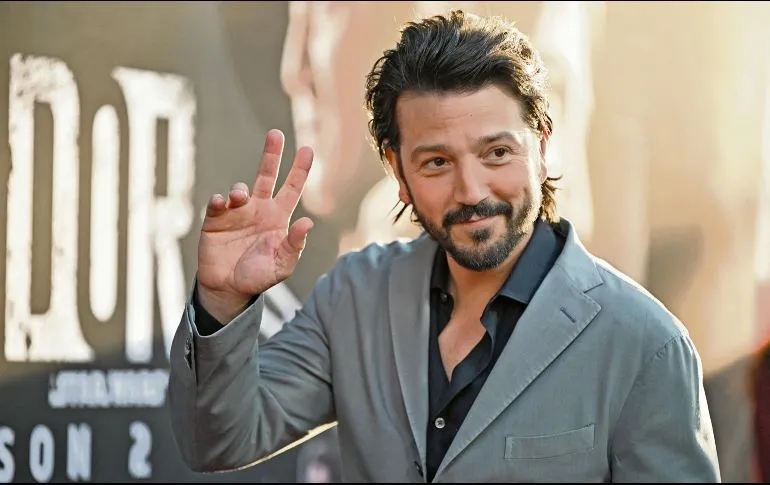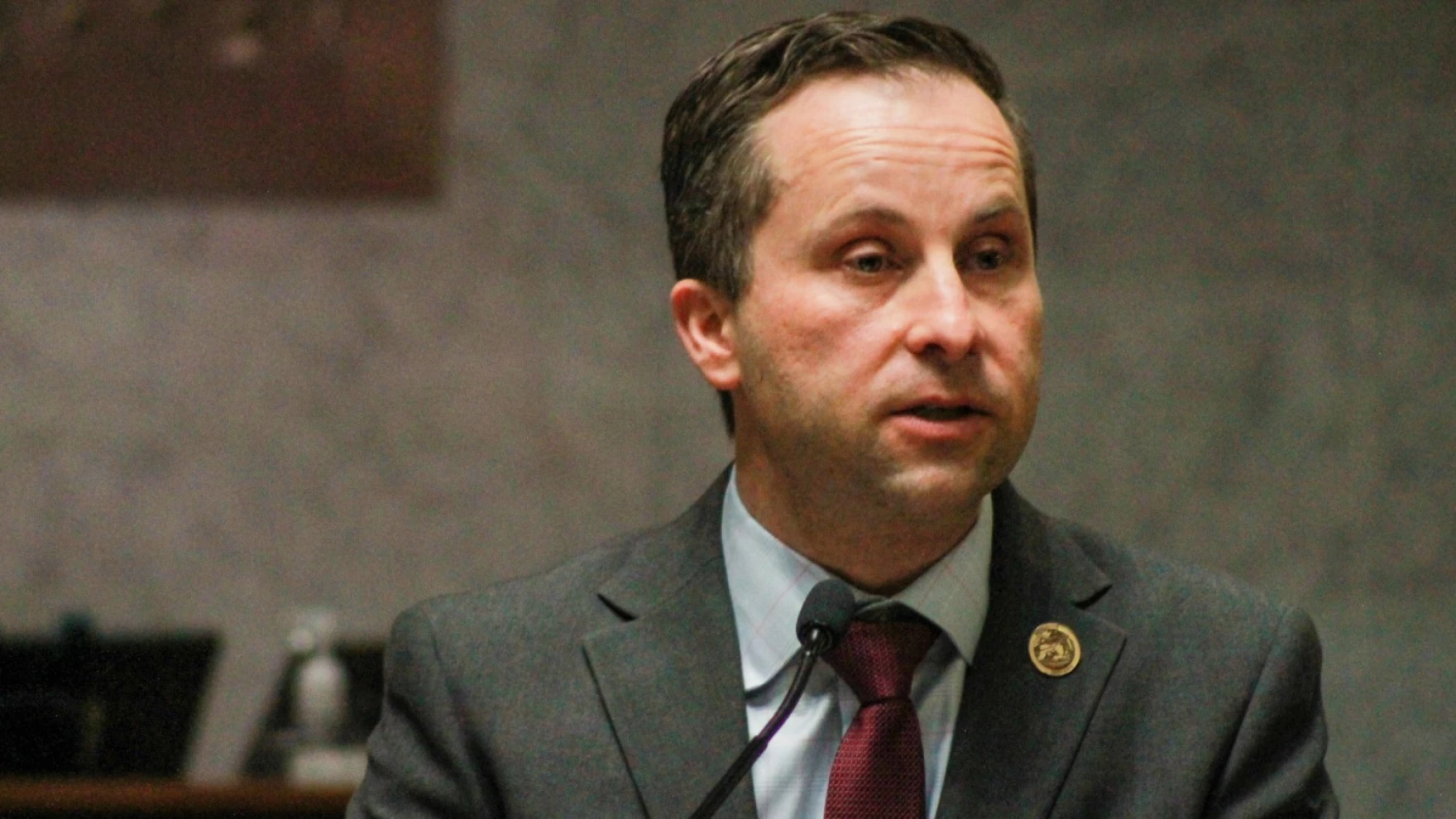Diego Luna, born on December 29, 1979, in Mexico City, Mexico, is a celebrated actor, director, producer, and musician known for his dynamic presence in both Latin American cinema and Hollywood. Growing up in an artistic family, with his mother being an actress and director, Luna was introduced to the world of performance at an early age. His passion for acting developed early, and he quickly became a prominent figure in Mexican television and theater before making a mark on the international film scene.
Luna’s breakthrough came with the 2001 critically acclaimed film Y Tu Mamá También, directed by Alfonso Cuarón. This coming-of-age road movie not only earned praise worldwide but also showcased Luna’s natural charisma and acting prowess. The film was pivotal in launching his career internationally, introducing him as a compelling new talent with the ability to convey complex emotions and genuine depth. His role in Y Tu Mamá También remains one of his most iconic performances and is often credited with opening doors for more Latin American stories in global cinema.
Following his success, Diego Luna made several significant appearances in Hollywood productions. In 2002, he appeared in Frida, a biographical film about the life of Mexican artist Frida Kahlo, where he shared the screen with Salma Hayek. He continued to build his international profile with roles in The Terminal (2004), directed by Steven Spielberg and starring Tom Hanks, and the political biopic Milk (2008), which tells the story of Harvey Milk, one of the first openly gay elected officials in the United States. Each role demonstrated Luna’s versatility and his ability to immerse himself fully into diverse characters.
Perhaps one of Luna’s most widely recognized roles came with the 2016 Star Wars anthology film Rogue One: A Star Wars Story, where he portrayed Cassian Andor, a Rebel Alliance intelligence officer. This role brought him into the realm of blockbuster franchises and expanded his fan base considerably. He reprised the role in the Disney+ series Andor, which debuted in 2022 and has been praised for its darker, mature storytelling and complex character development. Luna’s portrayal of Cassian Andor highlights his skill in balancing action with emotional depth, making the character both relatable and compelling.
Beyond acting, Diego Luna has established himself as a respected filmmaker. His directorial debut, Abel (2010), premiered at the Sundance Film Festival and was noted for its thoughtful storytelling and unique perspective. Luna’s work behind the camera reflects his commitment to telling authentic, socially relevant stories. Together with longtime collaborator Gael García Bernal, he co-founded Canana Films, a production company dedicated to supporting Latin American cinema. Canana Films focuses on socially conscious projects, helping bring important stories from the region to international audiences.
Luna is also active in advocacy and social causes, particularly around immigration reform and Latin American rights. His involvement in these issues is deeply tied to his cultural roots and professional mission to elevate Latin American voices in the global film industry. This blend of activism and artistry distinguishes him as more than just a performer but as a cultural ambassador.
Throughout his career, Diego Luna has earned numerous awards and nominations from prestigious organizations such as the Ariel Awards, Mexico’s equivalent of the Oscars, and the ALMA Awards, which recognize Latino achievements in entertainment. These honors acknowledge both his talent and his contributions to the film industry.
Known for his charm, versatility, and dedication, Diego Luna continues to take on bold and diverse roles, showing an impressive range from comedic to dramatic performances. His fluency in both Spanish and English has allowed him to navigate seamlessly between Mexican and American cinema, making him a bridge between cultures and a vital figure in expanding the reach of Latin American storytelling.
Diego Luna’s career is a testament to the power of authentic storytelling and the importance of cultural representation in film. His journey from Mexican television to Hollywood blockbusters and independent cinema exemplifies his enduring appeal and his commitment to creating meaningful art that resonates with audiences worldwide.







